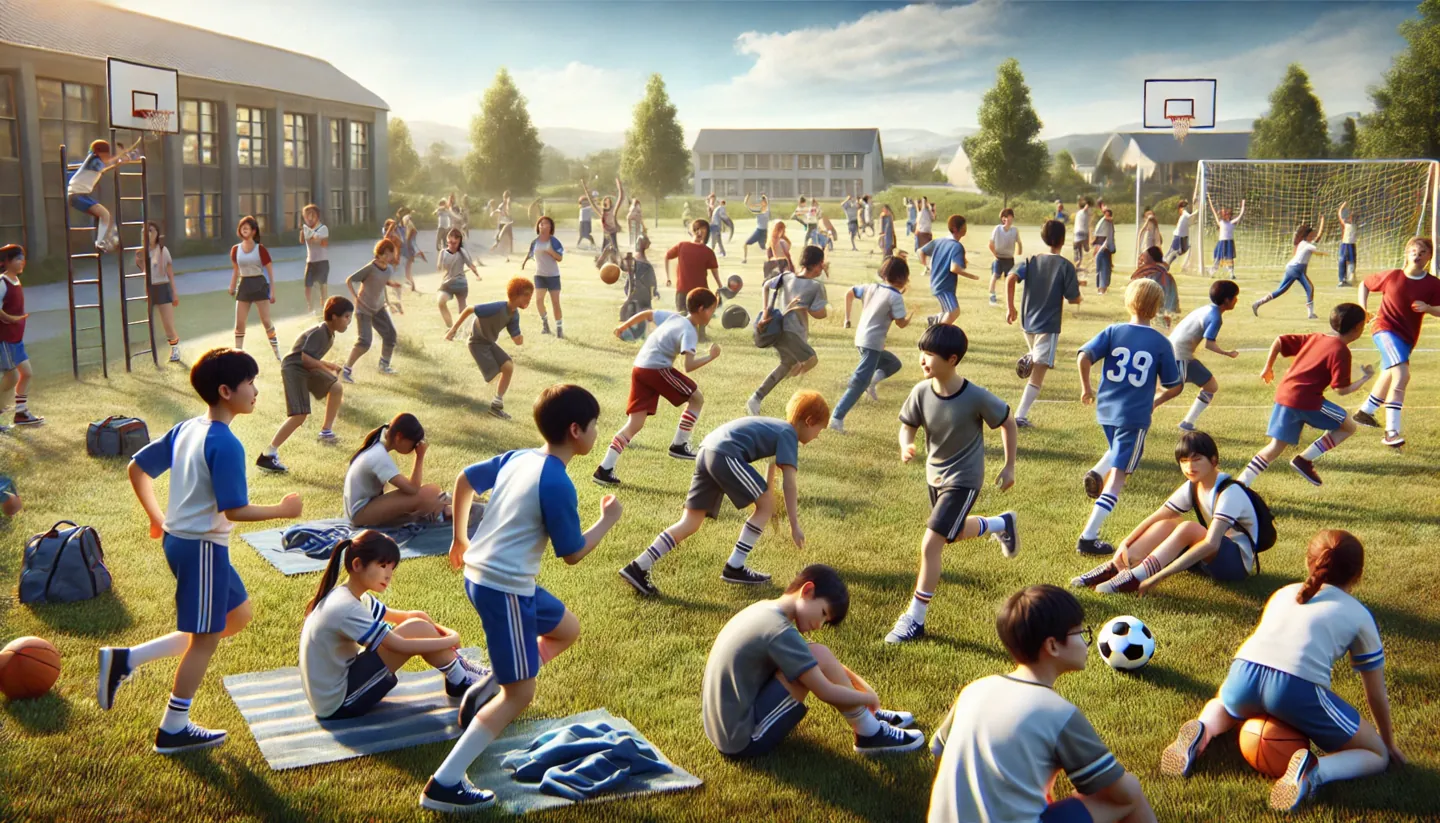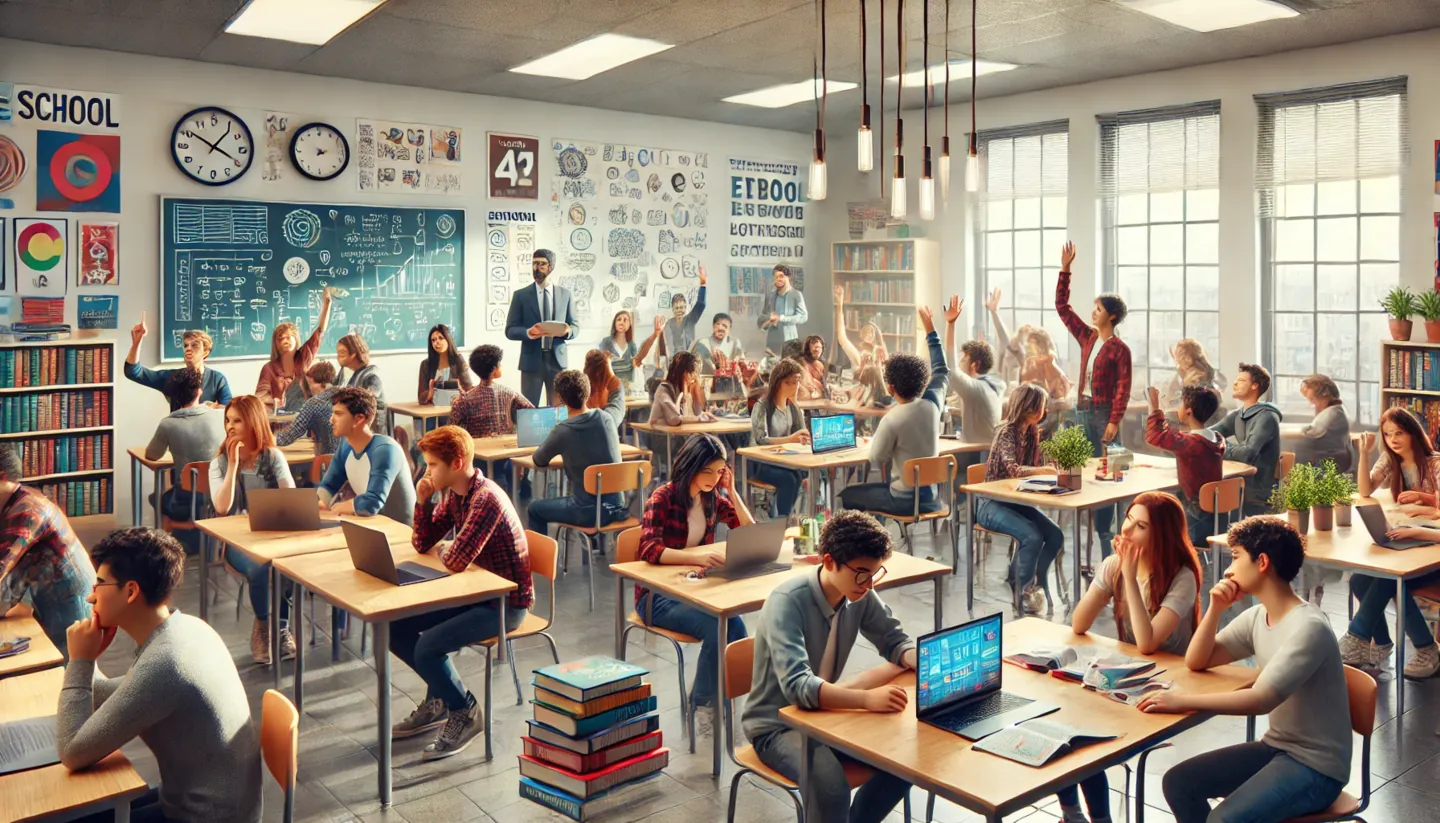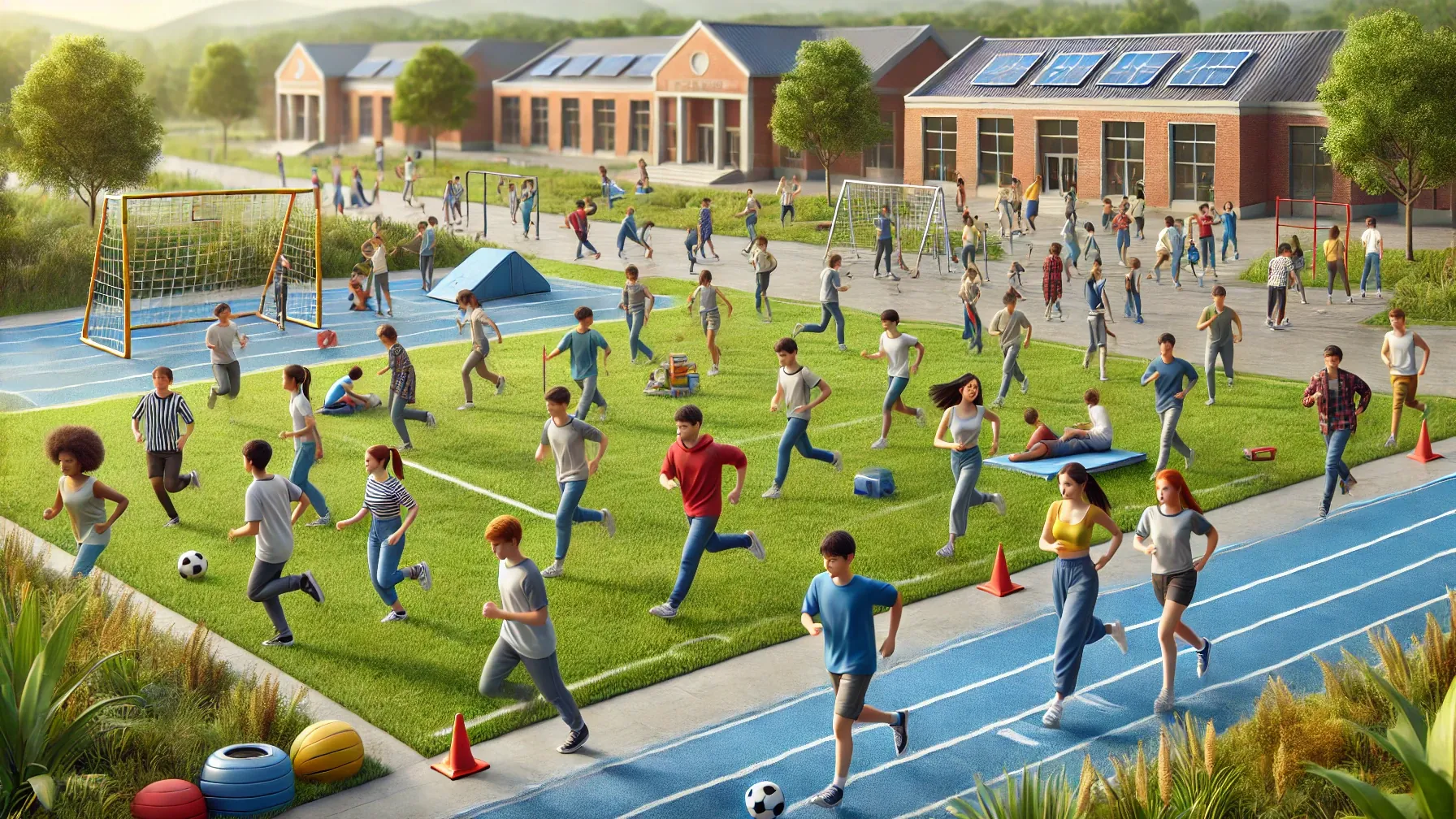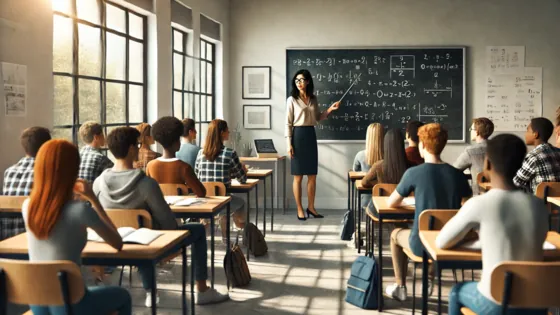Physical education is increasingly recognized as an indispensable element of the educational framework in schools, playing a multifaceted role not only in enhancing the physical health of students but also in profoundly impacting their psychological and emotional well-being, fostering their social integration, and boosting their motivation towards academic achievements. This thorough review explores in depth the vital reasons advocating for the incorporation of physical education into the compulsory suite of disciplines within the school curriculum.
Strengthening Physical Health

The importance of maintaining excellent health cannot be overstated, as it is crucial for ensuring an individual’s overall well-being and quality of life. Whether one is young or old, male or female, a professional athlete or a desk-bound worker, the consistent care for one’s physical well-being plays a critical role. This includes preventing a variety of illnesses and maintaining a high level of energy and a positive outlook on life. The pursuit of enhanced physical fitness requires a commitment to regular exercise and discipline but is open to anyone willing to make significant and beneficial changes to their lifestyle.
Strategies for Enhancing Physical Well-being

- Regular Physical Activity: It is essential to engage in at least 30 minutes of moderate to vigorous physical activity daily. This might include a variety of physical exercises such as brisk walking, running, cycling, swimming, or structured workouts in a fitness center. It is beneficial to incrementally increase both the intensity and duration of these activities to build endurance and strength over time.
- Balanced Nutrition: Construct a daily diet that is rich in essential nutrients, incorporating ample fresh fruits, vegetables, lean proteins, and whole grains. Efforts should be made to substantially reduce the intake of processed salts, sugars, and unhealthy fats. It’s also crucial to maintain proper hydration by consuming adequate amounts of water throughout the day.
- Preventive Healthcare Screenings: Regular visits to healthcare providers for preventive screenings and health assessments are vital. These visits help in early detection and management of potential health issues, thereby preventing them from developing into more serious conditions.
- Elimination of Harmful Habits: Abstaining from harmful substances such as alcohol, tobacco, and illicit drugs is essential for maintaining good health. These substances have been proven to adversely affect health and increase the risk of developing chronic diseases.
- Adequate Rest and Quality Sleep: Ensuring sufficient restful periods and high-quality sleep is essential for physical and mental recovery. The benefits of good sleep include improved brain function, emotional well-being, and physical health.
- Positive Mental Attitude: Cultivating a positive and optimistic mental outlook is crucial for reducing stress and enhancing overall happiness. This attitude helps in overcoming the daily challenges and contributes to a healthier, more fulfilling life.
Developing Skills for Team Collaboration

Mastering effective teamwork skills is crucial for success in any collective endeavor across professional, educational, and social settings. Effective teamwork involves not only the sharing of tasks but also the support of each member's personal development and problem-solving capabilities, thereby enhancing overall group dynamics and productivity.
Essential Teamwork Skills

- Clear and Effective Communication: The ability to communicate ideas clearly and listen attentively to others is fundamental to good teamwork. Effective communication helps in resolving misunderstandings and builds a stronger team.
- Cooperation and Supportiveness: Being cooperative and supportive are essential traits in a teamwork environment. These qualities facilitate smooth interactions and help in the efficient accomplishment of shared goals.
- Role Definition and Responsibility Allocation: Understanding and respecting each member’s role and responsibilities within a team are crucial for harmonious interactions and efficient operations.
- Conflict Resolution: Skill in resolving disputes and tensions within a team is invaluable. Effective conflict management involves negotiation, empathy, and finding mutually beneficial solutions to issues.
- Leadership and Inspirational Motivation: The presence of strong, empathetic leadership within a team can greatly enhance its effectiveness. A good leader motivates and inspires team members to achieve collective goals, fostering an environment of trust and respect.
Fostering Academic Motivation

Academic motivation is a cornerstone of educational success, influencing students’ engagement levels and their determination to achieve academic goals. This motivation drives students to actively participate in their learning process, explore new areas of knowledge, and strive for excellence in their academic endeavors.
Mitigating Stress and Promoting Emotional Well-being

Navigating stress and promoting emotional stability are critical for sustaining mental health and enhancing the quality of life in today’s fast-paced world. Effective stress management and emotional well-being contribute significantly to personal satisfaction and professional achievements, underpinning the importance of a balanced approach to mental health.
Conclusion

In summary, physical education occupies a crucial place within the educational infrastructure, significantly contributing not just to physical development but also to the mental and social aspects of students' lives. The integration of comprehensive physical education programs into school curricula is imperative for fostering a well-rounded and holistic development of students, preparing them for a healthy and active lifestyle ahead. The strategic inclusion of diverse and engaging physical activities is key to equipping young learners with the skills and habits necessary for lifelong health and well-being.










